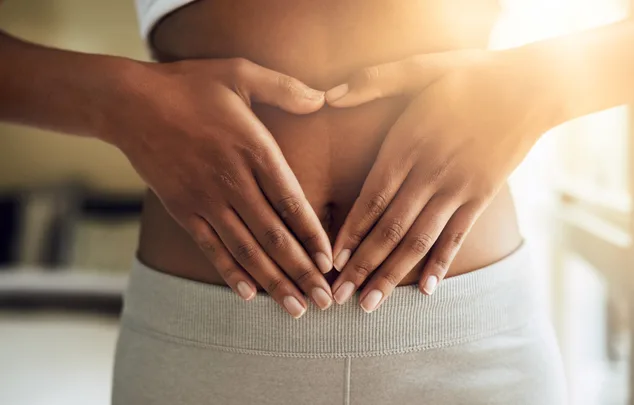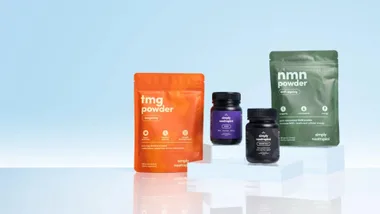What is irritable bowl syndrome (IBS)?
If you’ve got irritable bowel syndrome (IBS), no surprises if you’ve well and truly had a gutful. With symptoms like abdominal pain, cramping and bloating, IBS affects around one in five Aussies at some stage in their lives, and it’s more common in women.
Why it happens
“Exactly why IBS occurs isn’t really clear, but sometimes it follows on from an infection like food poisoning or after taking antibiotics, and sometimes it just happens,” says gastroenterologist Dr Katherine Ellard. “In IBS, you have abnormal bowel contractions, so it might contract too quickly, meaning diarrhoea, or too slowly, so you’re constipated. A lot of people experience both.”
Add to that ‘visceral hypersensitivity’ (heightened sensitivity to pain in the bowel) and you have one unpleasant condition. But there are plenty of easy ways to manage it.
What’s new with treating IBS?
Acupuncture
Yes, really. When people with IBS supplemented typical treatments with acupuncture, 49% got relief for up to a year from symptoms like pain, constipation and diarrhoea, according to a 2012 study.
“We found that acupuncture is an effective IBS treatment when used as a supplement to more traditional therapies,” explains study author Hugh MacPherson, senior research fellow in the department of health sciences at the University of York in the UK. Needlephobe?
Know this: acupuncture needles are so fine you can barely feel them.
Hypnosis
Sure, it may sound a little out there, but hypnotherapy has science-backed benefits for IBS sufferers, with recent Swedish research finding it decreased symptoms in 49% of the participants in their study.
“The digestive system has many nerve connections to the brain, containing some of the shortest neural pathways between mind and body,” adds clinical psychologist and hypnotherapist Albina Tamalonis.
“We actually give your unconscious suggestions to alter your body’s reactions, so you feel less pain.”
Antibiotics
It may seem contradictory but some antibiotics may help IBS. Scientists now have a hunch it may be caused by an overgrowth of bacteria in the colon or small intestine, or types of bacteria living in the gut.
Because of this, researchers are investigating antibiotics to help nix these bad bugs.
In a Cedars-Sinai Medical Center study, 40% of patients who took 550mg of the antibiotic rifaximin three times a day for two weeks felt significant relief from bloating, abdominal pain and watery stools.
What’s more, the benefits lasted up to 10 weeks after they stopped taking the drug.
Australian doctors aren’t currently able to access the dose of rifaximin that’s shown to be effective, so it’s a case of watch this space.
 Getty Images
Getty Images









